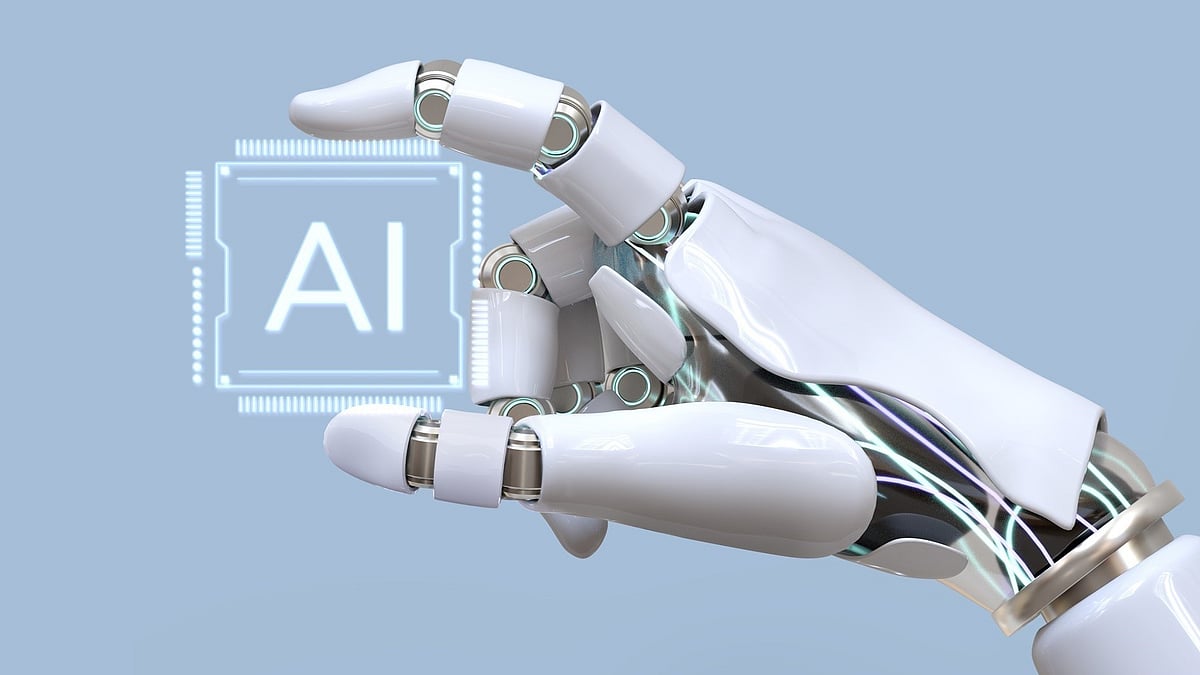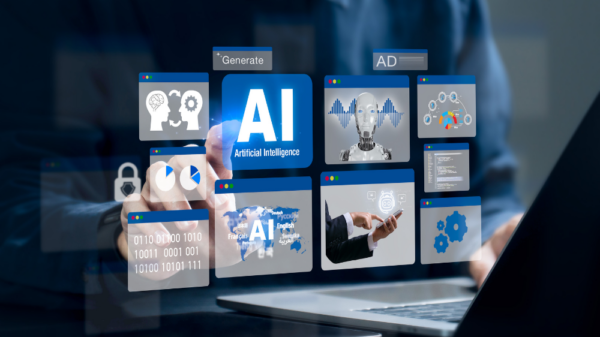According to a recent report by the Confederation of Indian Industry and Ernst & Young, approximately 47% of Indian enterprises are actively utilizing artificial intelligence (AI), with a notable focus on generative AI use cases that are currently in production. This shift marks a significant transition from pilot projects to integrated performance across various sectors.
The report, titled ‘The AIdea of India: Outlook 2026’, surveyed 200 organizations from more than 20 industries, including government bodies, startups, and multinational corporations. Responses were collected from C-suite executives and senior leaders, revealing that 76% of business leaders believe generative AI will greatly impact their operations. Moreover, 63% of those surveyed feel prepared to leverage this technology effectively.
Despite the optimistic outlook on AI adoption, investment in AI remains cautious. Over 95% of organizations allocate less than 20% of their overall IT budgets to AI and machine learning, with only 4% exceeding this threshold. This indicates a clear disparity between the growing confidence in AI technologies and the actual financial commitment to large-scale transformation.
“There is a clear imbalance between conviction and commitment, which is becoming a defining factor in how quickly enterprises extract measurable returns from AI,” the report states.
As organizations operationalize AI, the focus is shifting from traditional metrics of success, such as cost reduction, to a more holistic five-dimensional ROI model. This model includes time saved, efficiency gains, business upside, strategic differentiation, and resilience, reflecting a broader understanding of AI’s potential value.
Investment Focus Areas
Looking ahead, enterprises are expected to channel their investments into three key areas over the next 12 months: operations (63%), customer service (54%), and marketing (33%). This trend underscores an increasing desire to embed AI into functions that directly enhance performance and customer engagement.
In a notable shift towards collaboration and co-innovation, nearly 60% of organizations are actively partnering with startups and original equipment manufacturers, moving away from an in-house-only approach. As a result, hybrid deployment models are becoming dominant, with 78% of organizations utilizing a mix of internal and external resources to accelerate AI integration and execution.
Workforce Transformation and Challenges
The survey also reveals a transformation in workforce dynamics, with 64% of enterprises reporting selective role changes in standardized tasks due to AI integration. However, a persistent challenge remains: 59% of organizations acknowledge a shortage of skilled AI talent. While mid-office and innovation roles expand, companies are restructuring their operational models around AI, creating AI-first architectures that facilitate close collaboration between humans and machines to enhance decision-making speed and precision.
In summary, Indian enterprises are making notable strides in AI adoption, particularly in generative AI, but face significant challenges in aligning investment levels with their growing confidence in the technology. As they seek to capitalize on AI’s potential, the focus will increasingly shift towards collaborative models and holistic evaluations of ROI.
(With PTI Inputs)
See also AI Researchers Achieve First 100-Billion-Star Milky Way Simulation in Just 115 Days
AI Researchers Achieve First 100-Billion-Star Milky Way Simulation in Just 115 Days AI Expert Christopher DiCarlo Warns: AGI Could Surpass Human Intelligence in 2-5 Years
AI Expert Christopher DiCarlo Warns: AGI Could Surpass Human Intelligence in 2-5 Years Google Announces $40 Billion Investment in Texas for 3 New AI Data Centers by 2027
Google Announces $40 Billion Investment in Texas for 3 New AI Data Centers by 2027 Google Enhances Gemini App with Veo 3.1, Allows Multiple Reference Image Uploads for AI Videos
Google Enhances Gemini App with Veo 3.1, Allows Multiple Reference Image Uploads for AI Videos IE Business School Achieves 2025 MBA Best In Class Award for AI Education and Leadership
IE Business School Achieves 2025 MBA Best In Class Award for AI Education and Leadership






































































